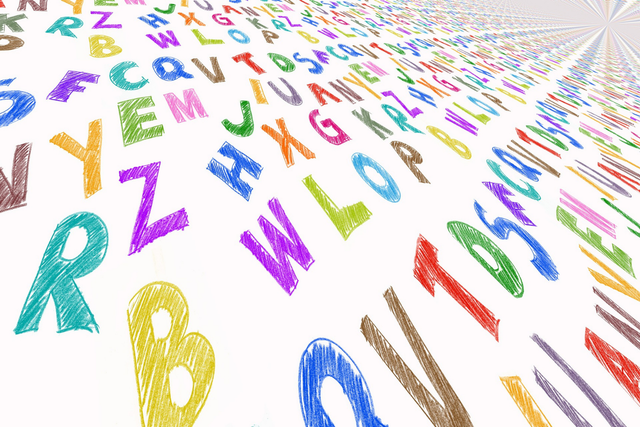Tentang KamiPedoman Media SiberKetentuan & Kebijakan PrivasiPanduan KomunitasPeringkat PenulisCara Menulis di kumparanInformasi Kerja SamaBantuanIklanKarir
2025 © PT Dynamo Media Network
Version 1.103.0
Konten dari Pengguna
Acceptance Recognition of Rights of People with Disabilities in Islamic Society
13 Januari 2025 12:20 WIB
·
waktu baca 3 menitTulisan dari qurratul Ain tidak mewakili pandangan dari redaksi kumparan

ADVERTISEMENT
In Islamic societies, the treatment and recognition of people with disabilities have historically reflected the values of inclusivity and compassion rooted in Islamic teachings. Disability is not merely a physical or mental condition but a test of character, patience, and faith, both for the individual and the surrounding community. This essay explores how Islam promotes inclusivity and the recognition of the rights of people with disabilities through its teachings, historical practices, and contemporary applications.
ADVERTISEMENT
Islam's foundational texts emphasize the dignity and rights of all individuals, including those with disabilities. The Qur'an reminds believers of the equality of all humans in creation and accountability, as stated in *Surah Al-Mursalat (77:20-23)* and *Surah Al-Baqarah (2:143)*. These verses underscore that everyone is part of Allah's divine plan, with disabilities often seen as a means to inspire gratitude and patience.
The Hadiths of Prophet Muhammad (PBUH) provide practical examples of compassion and inclusivity. He interacted with individuals with disabilities with profound respect, ensuring their participation in community life. For instance, a blind companion, Abdullah ibn Umm Maktum, was appointed as the Muezzin (caller to prayer), highlighting his valuable role in society.
ADVERTISEMENT
Additionally, the concept of Barakah (blessing) often surrounds the discourse on disability in Islam. Disabilities are viewed not as a punishment but as a test and a source of spiritual blessings for the individual and those around them.
In pre-Islamic Arabia, people with disabilities were often marginalized. Islam transformed societal attitudes, emphasizing the inherent dignity of every individual. Prophet Muhammad’s companions included individuals with disabilities, such as Abdullah ibn Umm Maktum, whose contributions were valued and celebrated.
Historical records also reflect the establishment of institutions catering to the needs of people with disabilities. Islamic civilization pioneered inclusive infrastructure, such as accessible mosques and schools, which served as spaces for education and social integration.
ADVERTISEMENT
In modern times, many Islamic societies have made efforts to reflect these values in practical ways. Accessibility in mosques and religious institutions has improved, enabling people with disabilities to participate in spiritual activities.
Inclusive education initiatives in Muslim-majority countries aim to integrate students with disabilities into mainstream schooling, providing them with equal opportunities. Employment initiatives by organizations like Islamic Relief and Muslim Aid further support the economic empowerment of individuals with disabilities.
Islam mandates specific rights for people with disabilities, including education, employment, healthcare, and social support. These rights are not privileges but obligations upon society.
Muslim communities also have responsibilities towards individuals with disabilities, such as providing accessible infrastructure, fostering supportive environments, and advocating for their rights.
ADVERTISEMENT
Despite these principles, challenges persist in many societies, including stigma, social barriers, and inadequate policies. To overcome these challenges, Muslim communities must:
1. Combat stigma by promoting awareness and understanding of disability.
2. Advocate for inclusive policies and invest in infrastructure to accommodate diverse needs.
3. Educate society about the rights and contributions of people with disabilities.
Islamic teachings and historical examples emphasize the acceptance and recognition of the rights of people with disabilities. These principles can inspire contemporary societies to foster inclusivity and compassion. By addressing challenges and implementing inclusive practices, Muslim communities can lead the way in creating societies that reflect the values of equality and dignity for all. As believers, it is our collective responsibility to honor the legacy of inclusivity embedded in Islam and strive for a future where everyone, regardless of ability, is valued and supported.
ADVERTISEMENT

